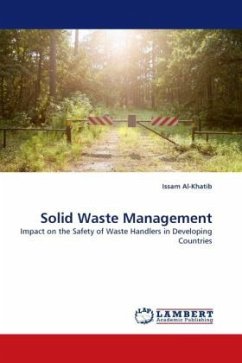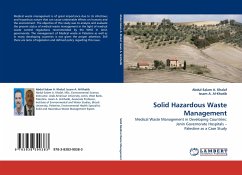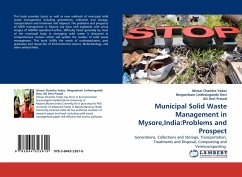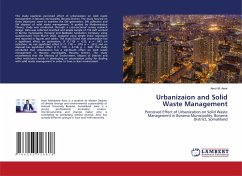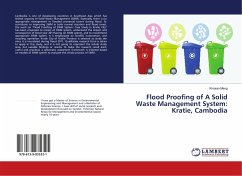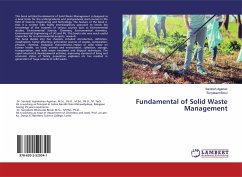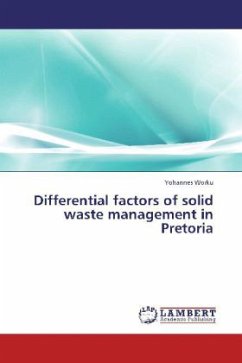Domestic waste handlers are potential to injuries and diseases while they are on duty. The waste handlers who are careless, ignorant and don't adhere to health policies and safety rules, are more potential to injuries and diseases than waste handlers who are more careful and adhere to health and safety protocols. The majority of waste handlers don't use protective measures while handling solid waste. Results showed that in the last twelve months, 37.4% of surveyed waste handlers have suffered from sore throat, cough, high temperature and 35.4% of backache. It also showed that 19.5% have suffered from diarrhea or bloody stool, 23.2% have suffered from shortness of breath, and 13.0% have suffered from skin diseases. In general, solid waste handlers should be provided with clean drinking water and sanitation facilities in their work, vaccinated for hepatitis A and B, and tetanus. Solid waste workers should be provided with a place to wash with soap before eating, smoking, or going home at the end of the workday.

